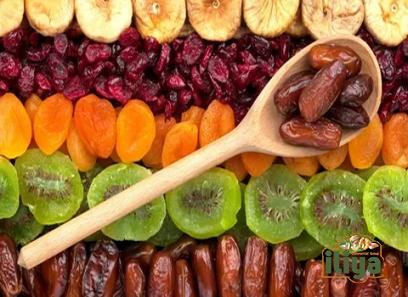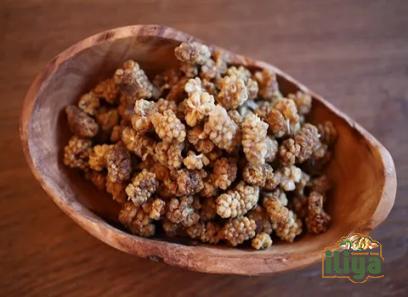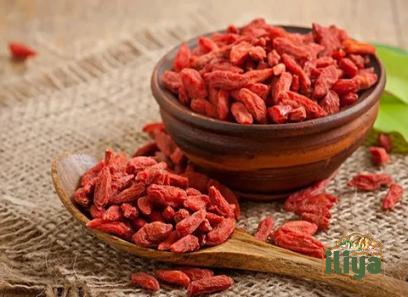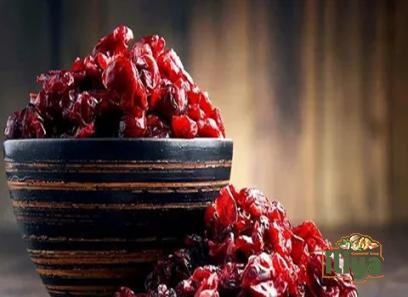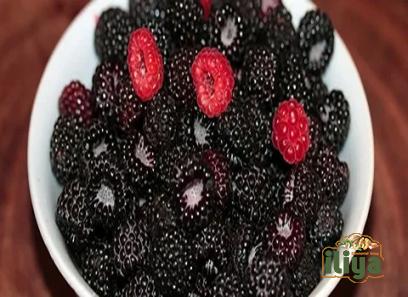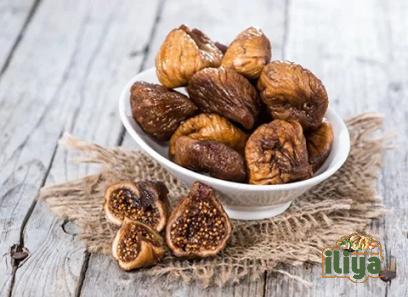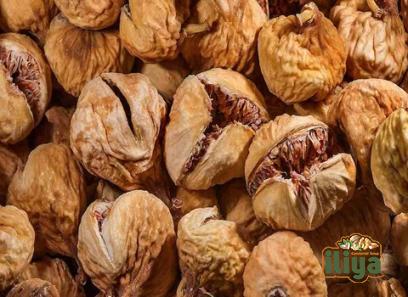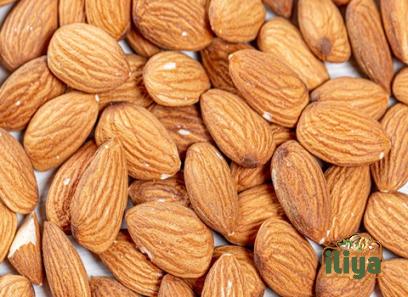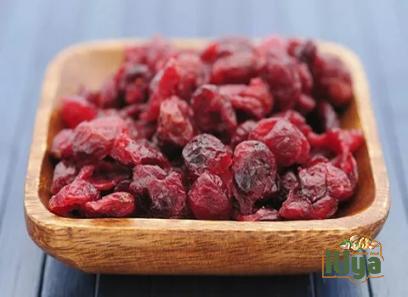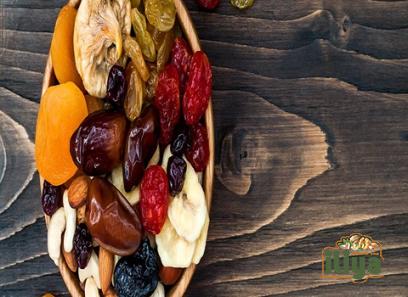Cashew kernels are not only a healthy and nutritious snack, but they also have a distinct creamy and buttery flavor. While raw cashew kernels can be enjoyed as they are, roasting them brings out a rich flavor and enhances their delicate texture. Roasting cashew kernels is a popular method used to unlock their full potential and create a delectable treat that can be enjoyed on its own or used as an ingredient in various culinary endeavors. This article explores the process of roasting cashew kernels, delving into the factors that contribute to the perfect roasted cashew.
1. The Importance of Raw Cashew Kernel Quality:
Before diving into the roasting process, it is essential to emphasize the significance of raw cashew kernel quality. The quality of the cashew kernels can greatly affect the end result. Good quality cashew kernels are characterized by their uniform shape, creamy color, and lack of any smoky or rancid odors. Farmers and suppliers play a crucial role in ensuring the kernels are sourced from reliable and reputable sources to guarantee the best flavor and texture after roasting.
2. Selecting the Right Cashew Roasting Method:
There are various methods that can be employed to roast cashew kernels, including drum roasting, air roasting, and pan roasting. Each method has its own advantages and may be preferred based on the desired outcome. Drum roasting, for instance, is a popular commercial method that involves rotating a drum with heated air, ensuring an even roast and saving time. On the other hand, air roasting allows for more precise control over the roasting process, resulting in a deeper flavor and unique characteristics. Pan roasting, often used by home cooks, offers flexibility but requires careful attention to prevent over-roasting or burning.
3. Preparing Cashew Kernels for Roasting:
Before the roasting process begins, the cashew kernels need to be prepared by removing their thin outer shell, commonly known as the cashew nut shell. This shell contains toxic oils, such as anacardic acid, that can cause skin irritation and should be carefully handled. Once the shells are removed, the cashew kernels must be thoroughly cleaned to eliminate any debris or dust. A gentle rinse or soak in water, followed by drying, is typically recommended.
4. The Roasting Process:
The roasting process is a crucial step in unlocking the full flavor and texture of cashew kernels. It involves subjecting the kernels to controlled heat, which leads to chemical reactions that enhance their natural taste and aroma. The duration and temperature of roasting can significantly impact the final product, and various factors need to be considered to achieve the desired outcome.
4.1 Temperature and Time:
The ideal roasting temperature for cashew kernels falls within the range of 150-180°C (300-360°F). However, the exact temperature and duration may vary depending on the desired level of roast and personal preferences. Over roasting may lead to a bitter taste, while under roasting can result in a raw and less flavorful kernel.
4.2 Monitoring and Flipping:
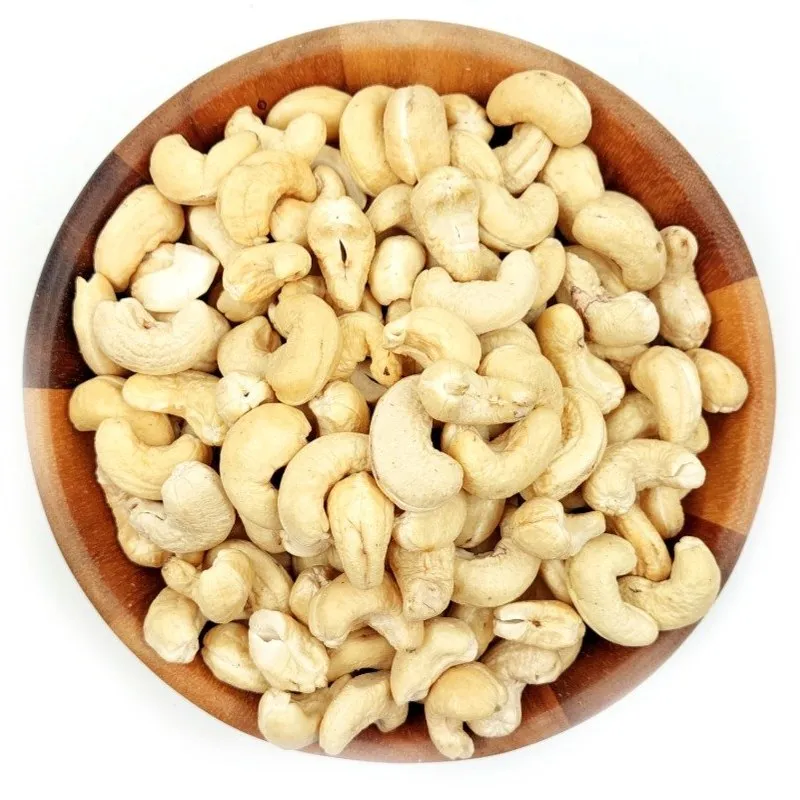
Continuous monitoring is crucial during the roasting process to prevent burning or uneven roasting. It is recommended to gently flip the cashew kernels occasionally to ensure an even distribution of heat and uniform roasting. This practice helps to achieve a consistent texture and color throughout.
4.3 Dry or Oil Roasting:
Cashew kernels can be roasted either dry or with a coating of oil. Dry roasting involves placing the kernels directly on a roasting tray or pan without any added oil. This method is favored by health-conscious individuals, as it reduces the calorie content and keeps the natural flavor intact. Oil roasting, however, enhances the taste by adding richness and promoting even browning. Common oils used for roasting include vegetable oil, coconut oil, or ghee.
5. Enhancing the Roasted Cashew Experience:
While the roasting process alone enhances the flavor and texture of cashew kernels, there are several ways to take the roasted cashews to the next level.
5.1 Seasoning and Spices:
Roasted cashew kernels can be enhanced with a variety of spices and seasonings. Popular choices include salt, black pepper, chili powder, garlic powder, and cinnamon. These additions provide a delightful twist to the flavor profile and allow for a customized experience.
5.2 Sweet and Savory Combinations:
Roasted cashew kernels can be combined with complementary ingredients to create sweet or savory snacks. For example, combining roasted cashews with dried cranberries and dark chocolate chunks can result in a delicious trail mix. Alternatively, roasted cashews can be paired with various seasonings and used as a topping for salads or soups.
Conclusion:
Roasting cashew kernels is a culinary process that elevates their natural flavor and texture, unlocking their full potential as a delicious and nutritious snack or ingredient. Choosing high-quality raw cashew kernels, selecting the right roasting method, and carefully monitoring the roasting process are all key factors in achieving the perfect result. Whether enjoyed as a standalone snack or incorporated into various recipes, roasted cashew kernels are sure to tantalize taste buds with their rich, buttery goodness.I. The Growing Demand for Roasted Cashew Kernels
The popularity of roasted cashew kernels has been steadily growing in recent years, driven by several factors. Firstly, consumers are increasingly seeking healthier snacking options, and roasted cashew kernels provide a nutrient-dense and satisfying alternative to traditional snacks that are high in sugar and unhealthy fats. Cashews are a great source of protein, healthy fats, fiber, and essential minerals such as magnesium and zinc.
Secondly, roasted cashew kernels offer a unique flavor profile that appeals to a wide range of taste preferences. The roasting process enhances the natural nutty and buttery flavors of cashews, creating a delicious and indulgent snack. Whether lightly roasted for a subtle taste or roasted to a rich, deep golden color for a more intense flavor, there are options to suit every palate.
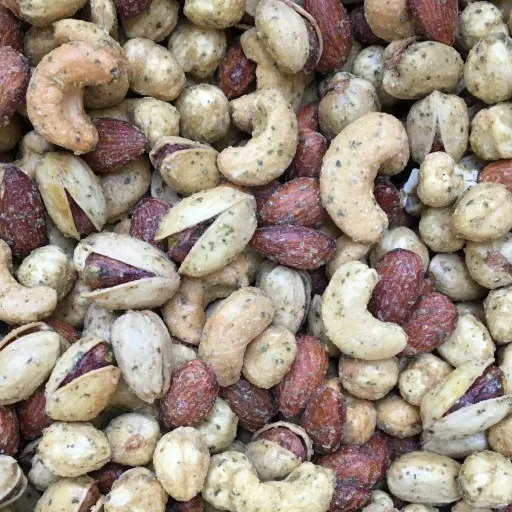
Additionally, the versatility of roasted cashew kernels makes them a valuable ingredient in the culinary world. Chefs and food processors are recognizing the potential of roasted cashews to add texture and flavor to a wide range of dishes, including salads, stir-fries, desserts, and baked goods. Roasted cashew kernels provide a delightful crunch and nutty aroma that can elevate the overall taste experience of a dish.
II. The Role of Roasting in Flavor Development
Roasting cashew kernels is a transformative process that not only enhances the natural flavors but also develops new and complex taste profiles. During roasting, the heat causes chemical reactions within the cashew kernels, resulting in the creation of desirable compounds that contribute to the overall flavor experience.
One of the primary reactions that occur during roasting is the Maillard reaction. This reaction involves the combination of amino acids and reducing sugars present in the cashew kernels, resulting in the development of brown color, aroma, and rich flavors. The Maillard reaction generates a range of flavor compounds, including pyrazines, furans, and lactones, which contribute to the nutty, roasted, and caramelized taste of cashews.
Roasting also helps to reduce the bitterness sometimes associated with raw cashew kernels. The heat breaks down the bitter compounds, making the kernels more palatable and enjoyable. The duration and temperature of roasting play a crucial role in ensuring the right balance between flavor development and bitterness reduction.
III. The Impact of Roasting on Texture
In addition to flavor enhancement, roasting greatly affects the texture of cashew kernels. Raw cashews have a softer, creamier texture, but roasting imparts a desirable crunch and firmness to the kernels. The heat causes the proteins and other components in the cashew kernels to undergo structural changes, resulting in a firmer and more satisfying bite.
The duration and temperature at which cashew kernels are roasted influence the final texture. Longer roasting times and higher temperatures tend to produce a crunchier texture, while shorter roasting times and lower temperatures result in a softer texture. The desired texture can be achieved by carefully adjusting these variables to meet customer preferences or specific product requirements.
IV. Quality Control in Roasting Cashew Kernels
Maintaining consistent quality is of paramount importance when roasting cashew kernels. The taste, aroma, and texture of roasted cashews should meet the highest standards to satisfy consumer expectations. Quality control begins with selecting superior raw cashew kernels, as any defects or inconsistencies in the starting material will carry through to the finished product.
Regular testing during the roasting process is essential to ensure optimal quality. Experienced operators monitor the temperature and adjust it accordingly to avoid over-roasting or under-roasting. Additionally, visual inspections are carried out to identify any irregularities in color or appearance, which could indicate uneven or inadequate roasting.
V. Packaging and Shelf-Life Considerations
Packaging plays a crucial role in preserving the quality and freshness of roasted cashew kernels. To maintain their crunch and flavor, roasted cashews should be packaged in airtight containers or bags that prevent moisture and oxygen from seeping in. This helps to prevent rancidity and maintain the desired texture for an extended shelf life.
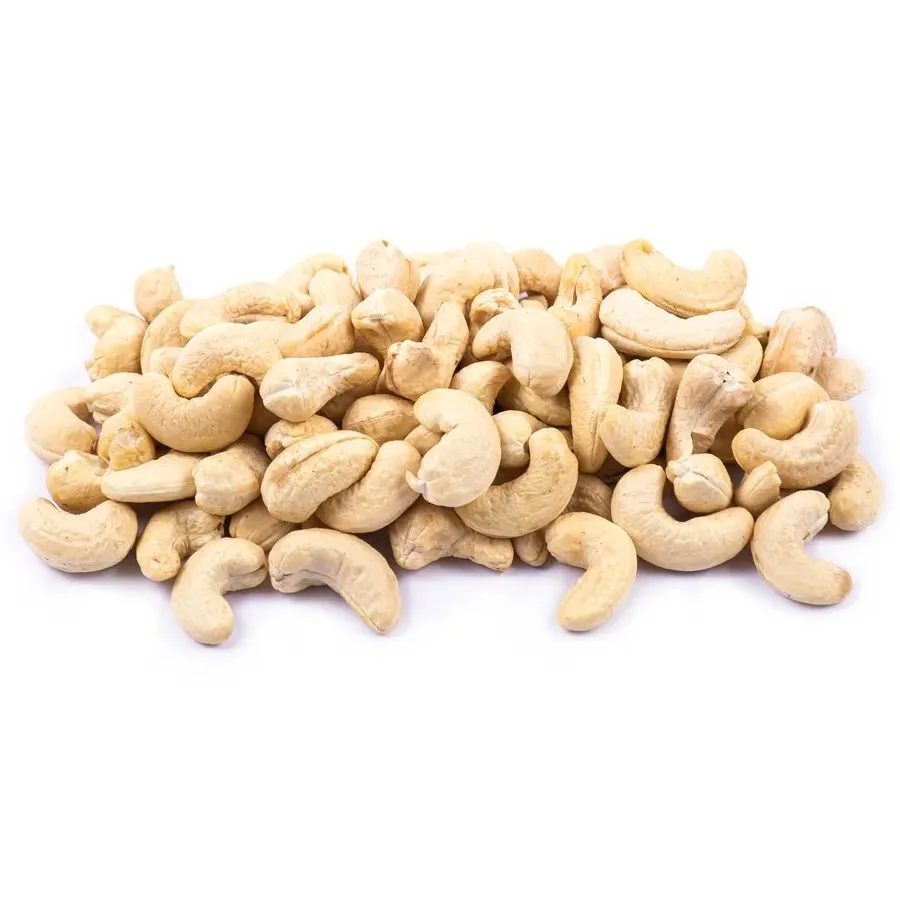
The packaging material should also be opaque or light-resistant to protect the cashew kernels from light-induced oxidation, which can lead to a loss of flavor and decrease in nutritional value. Proper labeling with clear expiration dates and storage instructions is necessary to inform consumers about the recommended shelf life and storage conditions.
VI. Marketing and Consumer Trends
The demand for roasted cashew kernels presents opportunities for businesses to target health-conscious consumers, gourmet food enthusiasts, and those seeking unique snacking options. Understanding consumer trends and preferences is essential for successful marketing and product development.
Promoting the health benefits of cashew kernels, such as their high nutrient content and heart-healthy fats, can resonate with health-conscious consumers. Positioning roasted cashew kernels as a guilt-free snack that satisfies cravings while nourishing the body can be an effective marketing strategy.
Collaborating with renowned chefs or food influencers to create innovative recipes or highlighting the use of roasted cashews in popular dishes can also attract food enthusiasts who are looking for exciting culinary experiences.
Furthermore, catering to different flavor preferences by offering a variety of roasted cashew options, such as spiced, sweet, or savory variations, can help appeal to a broader consumer base. Providing options for customization, such as allowing consumers to choose their preferred level of roasting or seasoning, can also enhance customer satisfaction.
VII. Industry Trends and Opportunities
The roasting of cashew kernels has become a thriving industry, with opportunities for both small-scale businesses and larger manufacturers. Developing a niche market by focusing on premium and artisanal roasted cashew products can attract customers seeking unique and high-quality options.
Another emerging trend is the production of flavored roasted cashews, where various seasonings and natural flavors are incorporated into the roasting process. This enables businesses to cater to consumers’ ever-evolving taste preferences and tap into the growing market for specialty snacks.
Furthermore, expanding into the global market offers vast possibilities for cashew kernel exporters. Different countries have diverse preferences for roasting methods, flavors, and packaging. Adapting to these preferences and adhering to stringent quality standards can open doors to international trade and business opportunities.
VIII. Conclusion
Roasting cashew kernels is a transformative process that enhances their flavor, aroma, and texture, making them a highly sought-after snack and ingredient in the culinary world. Whether enjoyed as a standalone snack or incorporated into various recipes, roasted cashews offer a delightful combination of taste and nutrition.
Businesses operating in the cashew industry have an opportunity to capitalize on the growing demand for roasted cashew kernels by focusing on quality control, innovative packaging, and strategic marketing. By keeping up with consumer trends, catering to various flavor preferences, and exploring new industry trends, companies can position themselves for success in this lucrative market.
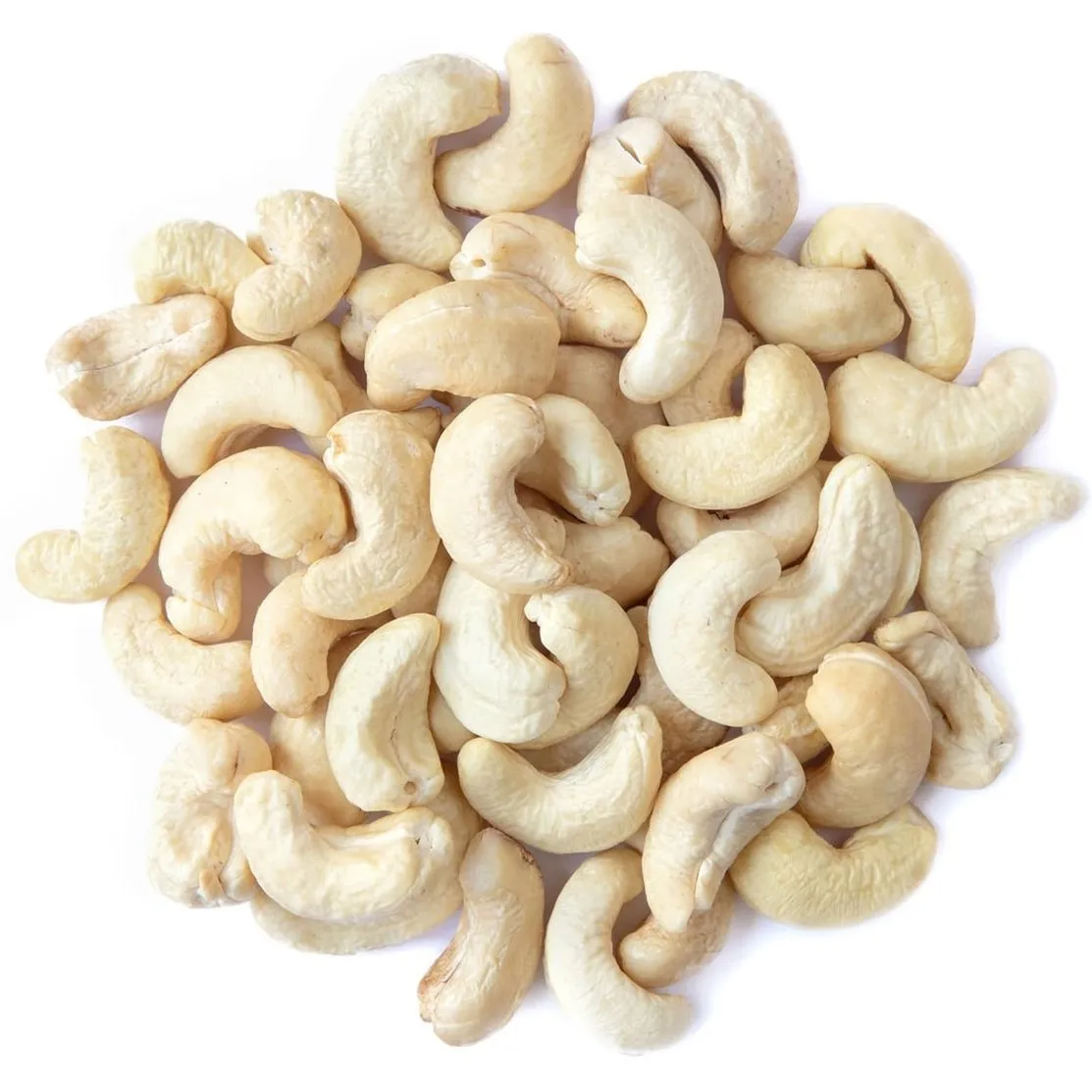
As consumer awareness of healthy snacking continues to rise, the demand for roasted cashew kernels is likely to increase further. Taking advantage of this trend and investing in the production, marketing, and distribution of high-quality roasted cashews can prove to be a fruitful venture for businesses in the cashew industry.

